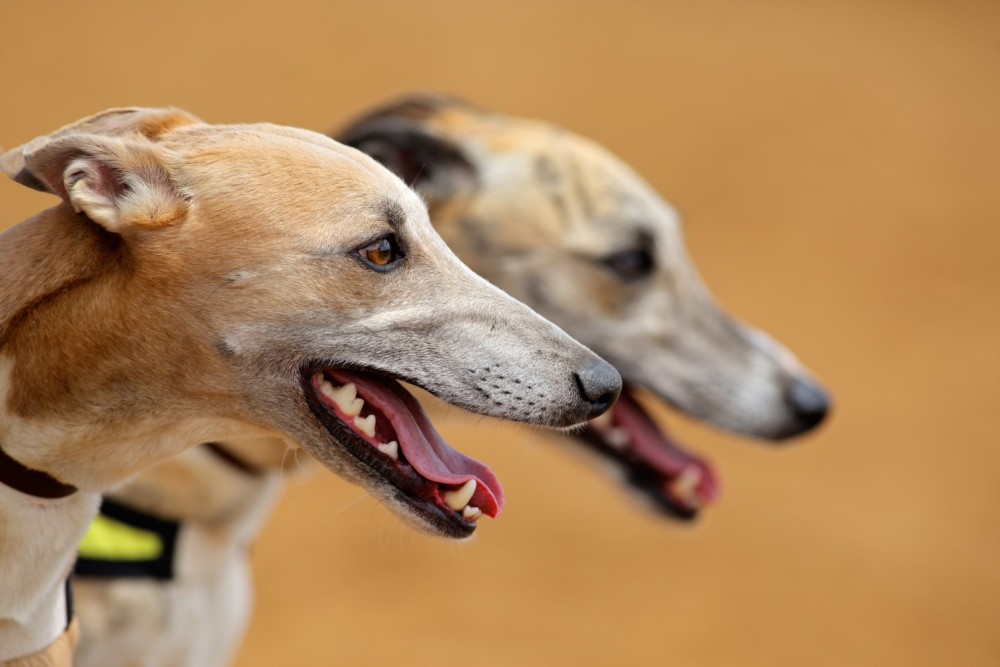Should greyhound races be permitted in very hot weather?

Greyhound racing inherently poses significant risks to animal welfare. Racing greyhounds in very hot weather places them at significant risk of dehydration and heat stress. However, there are no consistent rules that prohibit greyhound racing in Australia above a specific temperature.
A recent Australian study of 229 racing greyhounds showed that the core body temperature after racing had increased considerably by more than 2°C from normal body temperature (range is 38.0-39.3°C) up to or equal to the critical level of 41.5°C, when the ambient temperature averaged 31.2°C compared to 27.3°C. In addition, 39% of dogs recorded a body temperature exceeding 41.5°C when the ambient temperature reached 38°C [1].
During a race, animals will exert considerable energy, thereby increasing their core body temperature due to the heat generated by working muscles with this eventually leading to fatigue. When the air temperature is high, the risk of heat stress is greatly increased. Prolonged and untreated heat stress can lead to dehydration, collapse and death. Individual animals will respond to excess heat differently, but on very hot days most animals will be affected in some way. When dogs overheat their bodies will attempt to reduce body temperature as quickly as possible by panting.
Generally speaking, it is up to individual racing clubs to decide if races should be cancelled or rescheduled during very hot weather to minimise the risk of heat stress. Jurisdiction racing authorities have developed ‘heat’ policies which provide guidance on the factors that should be considered when deciding to cancel races or race meetings, but they do not specifically prescribe a maximum temperature at which races must be cancelled. In general, clubs have the option to reschedule the event earlier or later the same day (even in extreme heat) or another day, change venue or to abandon the meeting.
It is noted that several racing clubs have cancelled or postponed races in recent years due to very high predicted temperatures. However, this action is not consistent across all clubs or states. RSPCA Australia supports the development of mandatory welfare standards for all racing codes which prescribe the cancellation of races above a specific temperature. Addressing this issue requires urgent attention given climate change predictions that hot weather events will become more frequent in the future.
Relevant podcast
Reference
McNicholl J, Howarth GS and Hazel, S (2016) Influence of the environment on body temperature of racing greyhounds. Frontiers of Veterinary Science 3:53.
Was this article helpful?
This work is licensed under a Creative Commons Attribution-NonCommercial-NoDerivatives 4.0 International License.


